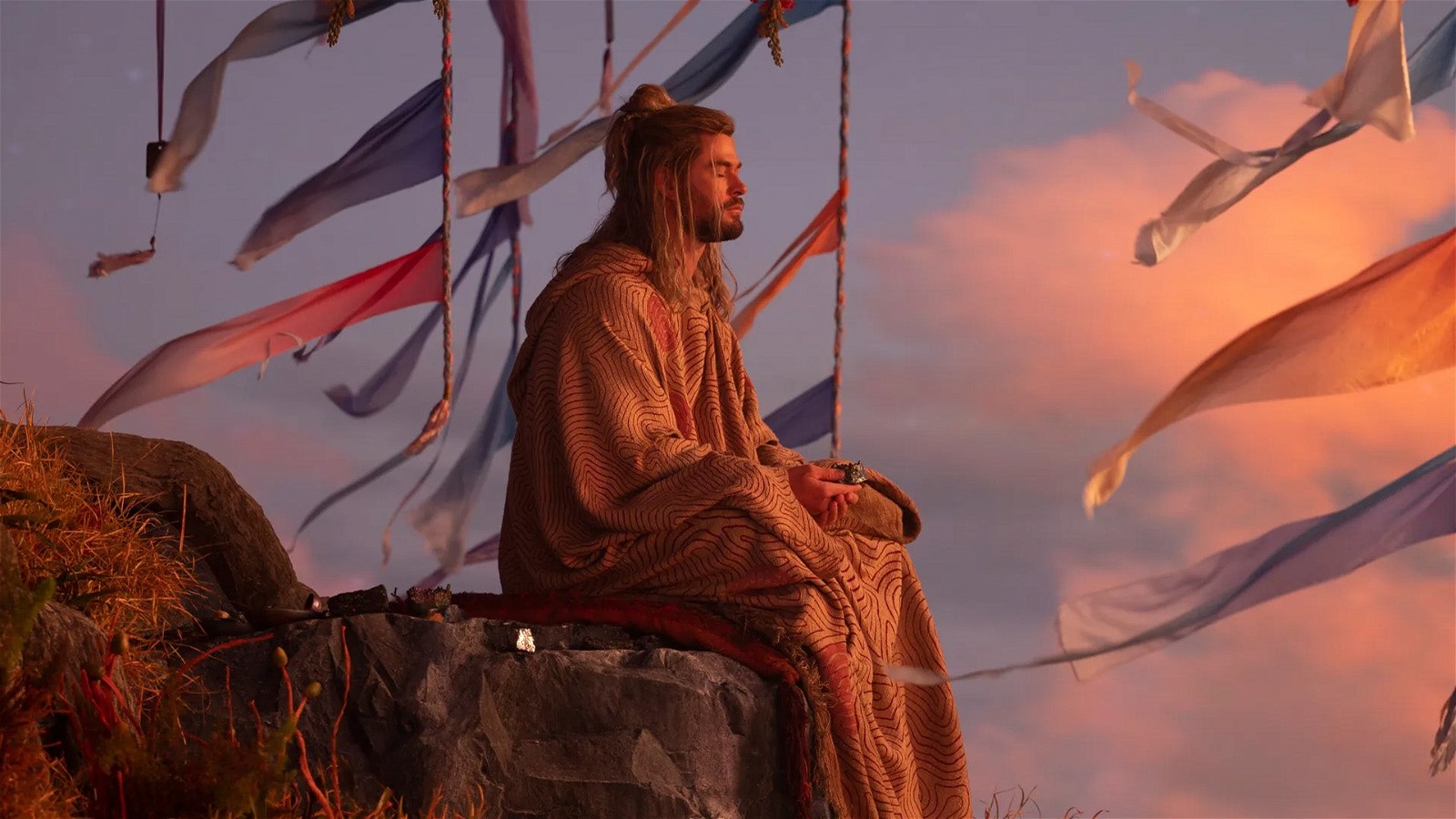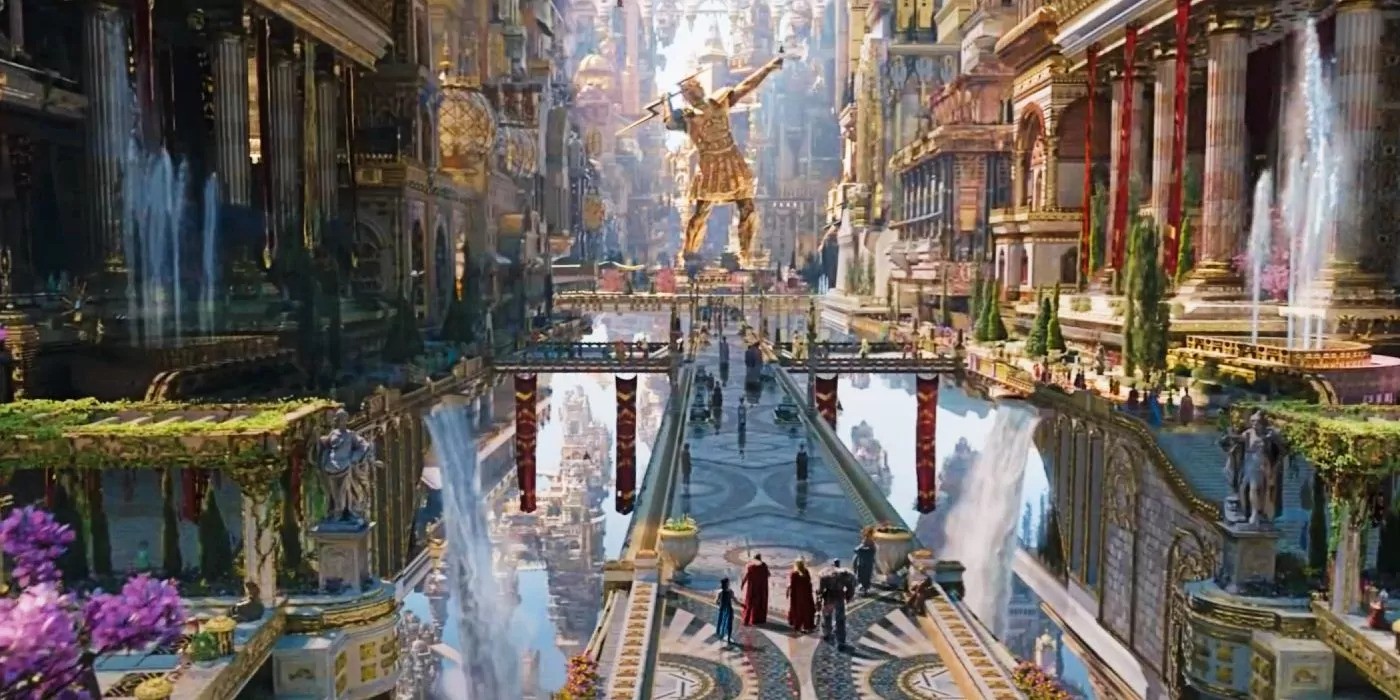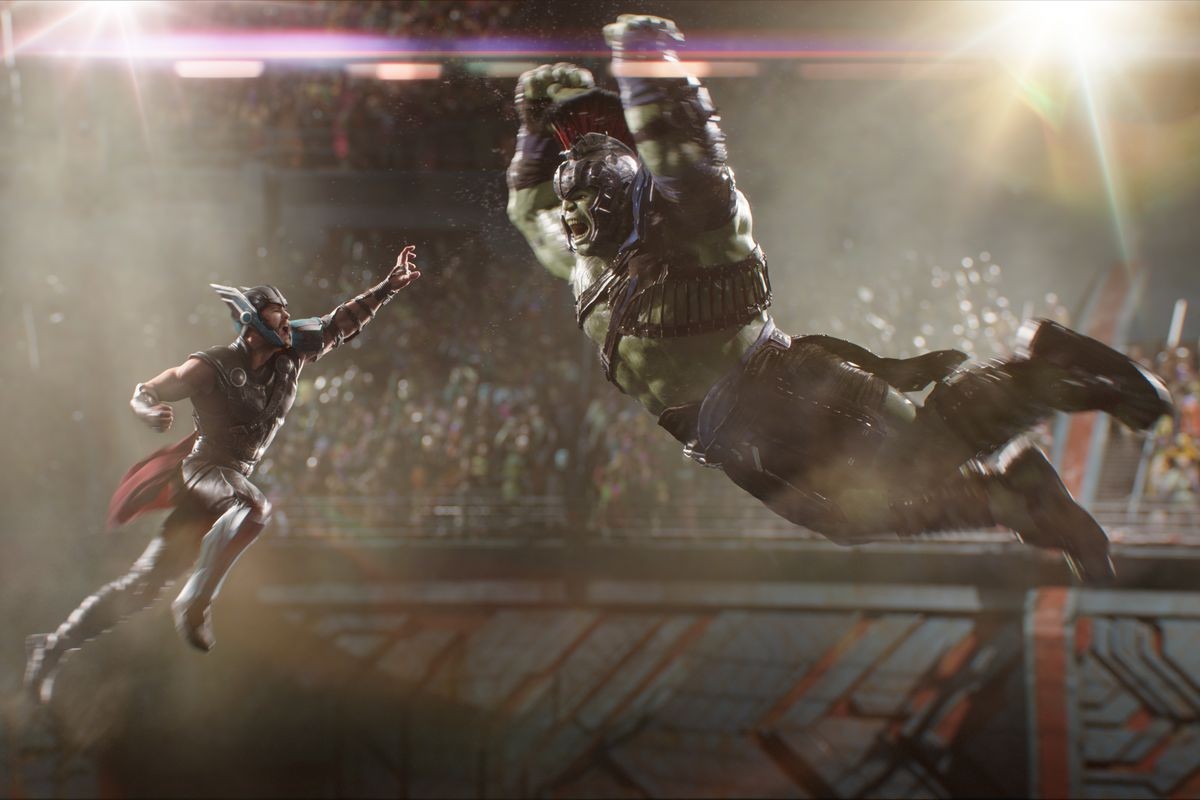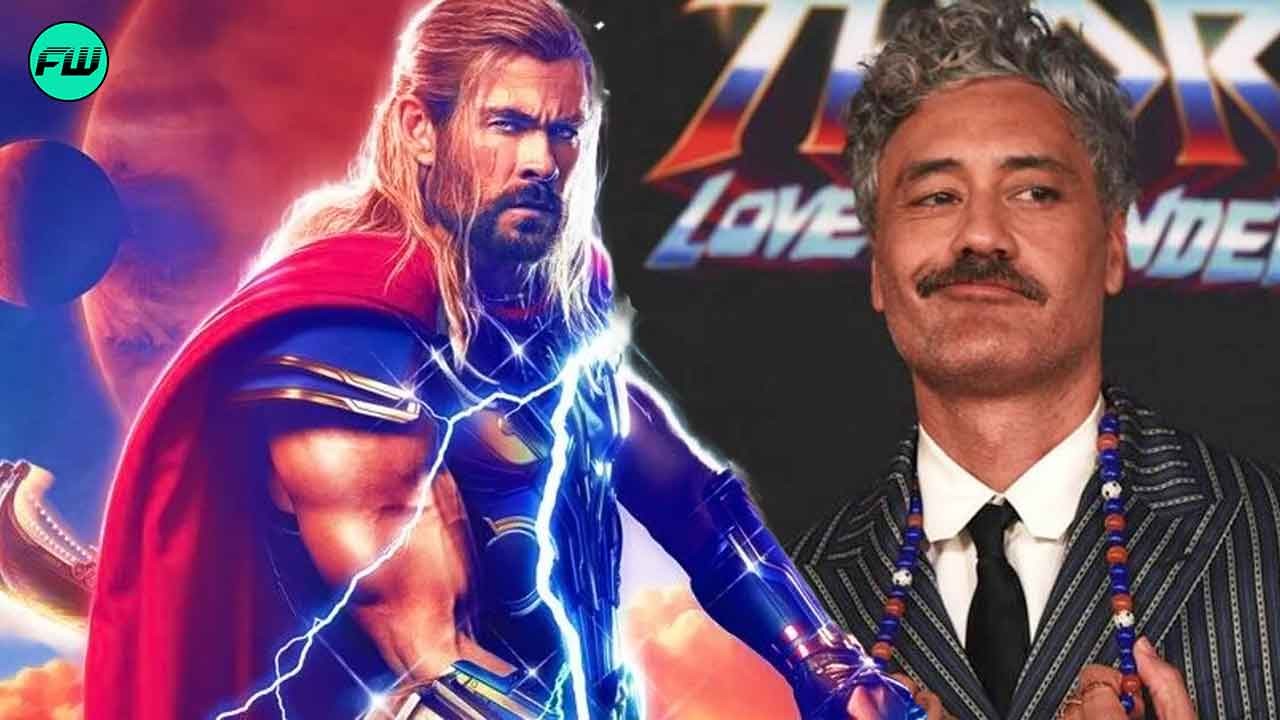Taika Waititi’s Thor: Love and Thunder did not settle in well with the majority of the Marvel fandom for reasons well explored. But the reason most prominent among all was its relentless mockery of the pre-ordained themes that built Marvel up from the rubbles. Although the film was not the first to be subjected to the director’s signature marker of underhanded comedy, it definitely was the most radical. And now, it seems there was one too many subversion for the studio to not take notice of in the final cut of the Phase Four film.

The Epic Transgression of Thor: Love and Thunder
One of the most talked about scenes from Thor 4 was the Omnipotence City which served as the gathering place for gods from far and wide. Amid the ruckus and the domineering cavalier attitude of Zeus, most of the gods were overshadowed unless the frame exclusively focused on portraying them on the screen. Among them were the Bao, Fur Dog, Minerva, Dionysus, and even Korg’s own Kronan god, Ninny of the Nonny. But one god who was considered too risqué for the pandemonium of Zeus was the God of Carpentry aka Jesus Christ.

In an interview with BBC Radio 1, Taika Waititi elaborates on the decision that went into incorporating the Omnipotence City gods into the script of Thor: Love and Thunder. The Kiwi director references a scene where Tessa Thompson‘s Valkyrie would mention a God of Carpentry and the camera would then “cutaway to you-know-who. Big J.” Clearly, Feige’s intentions of the director taking creative liberty would not extend to being inflicted with the hurt religious sentiments of the majority of the demography of Marvel’s audience. It comes as no surprise that “Big J” did not in the end make it to the fellowship of the orgy.

A 3-Months-Later Thematic Review of Thor: Love and Thunder
In the ideology of Taika Waititi, not everything can be played safe, or even by the rules. That was made evidently clear when the director infamously declared throwing caution to the wind when it came to sticking to the source material. His film, Thor: Love and Thunder, felt more like an ode to pride and “love is love” rather than a deconstruction of Thor’s journey of healing in the aftermath of The Blip — which, furthermore, has almost become the black sheep of Marvel’s in-universe family that no one is allowed to talk about beyond Phase Three.
Moreover, the usual grim and somber personification of Thor in Marvel proved essential in striking a balance against the more mischievous Loki. However, after the (successful) experimental diversion from that theme in Ragnarok, Waititi’s full nose-dive into comedy was needed to fill in the role otherwise reserved in favor of Loki. This also served to numb the void left in the anti-hero’s death from the collective consciousness of the moviegoers throughout the entirety of its 119 minutes.

In the aftermath of the epic disappointment that was Taika Waititi’s Thor: Love and Thunder, the scenes left on the cutting room floor are now surfacing in one humiliating episode after another. As fans cry foul, the film inadvertently gets a bit more of its share of “no publicity is bad publicity”. Perhaps the $250 million film was no mistake at all but really a happy-go-lucky saga of the Norse god and his coming to terms with the reality of living with grief and loss.
Source: BBC Radio 1

